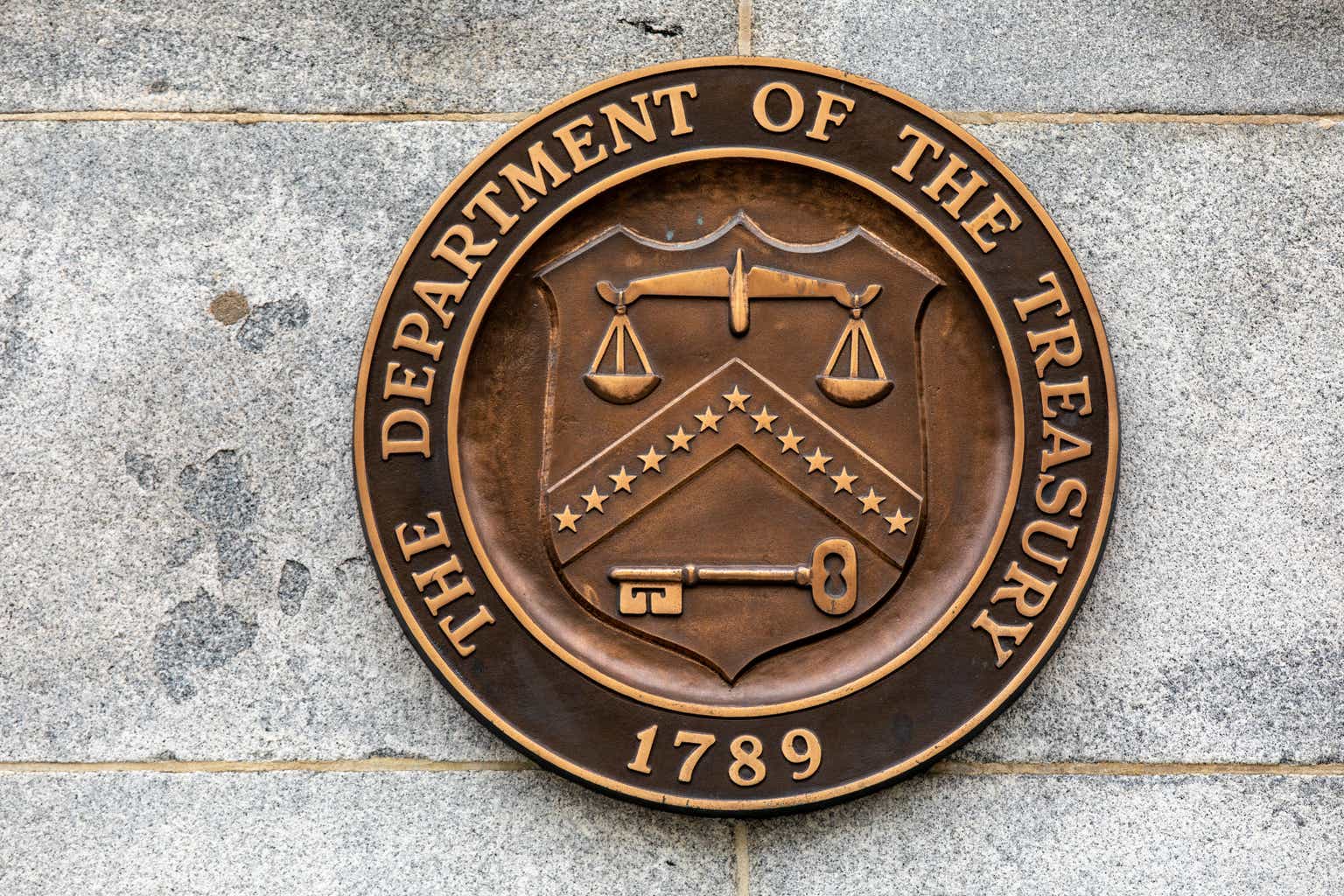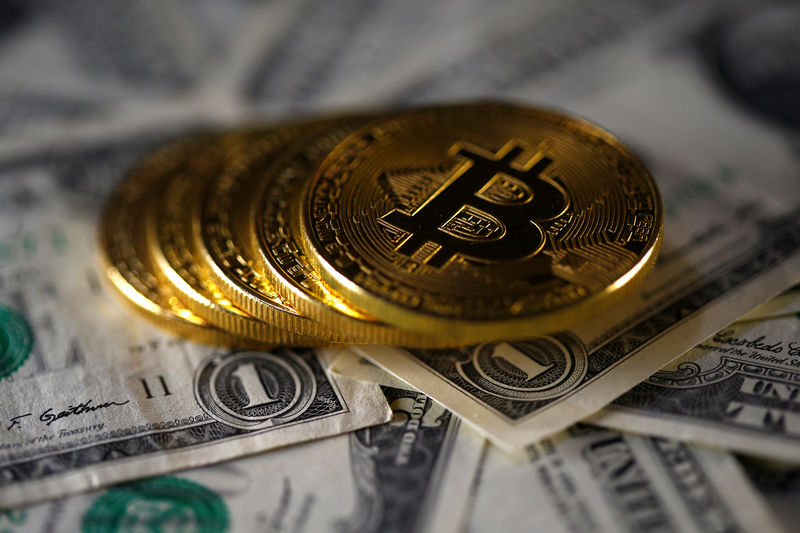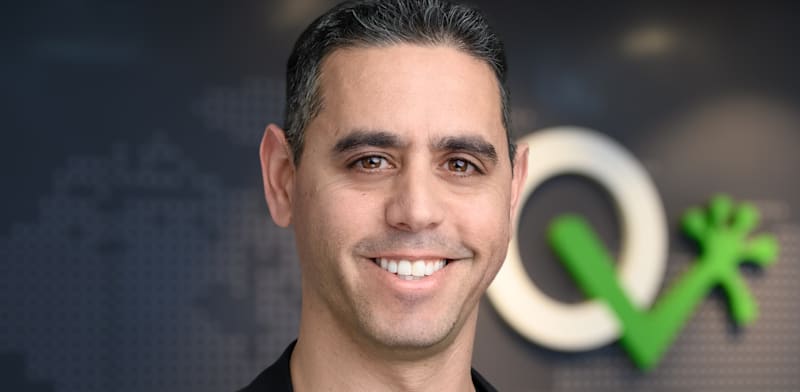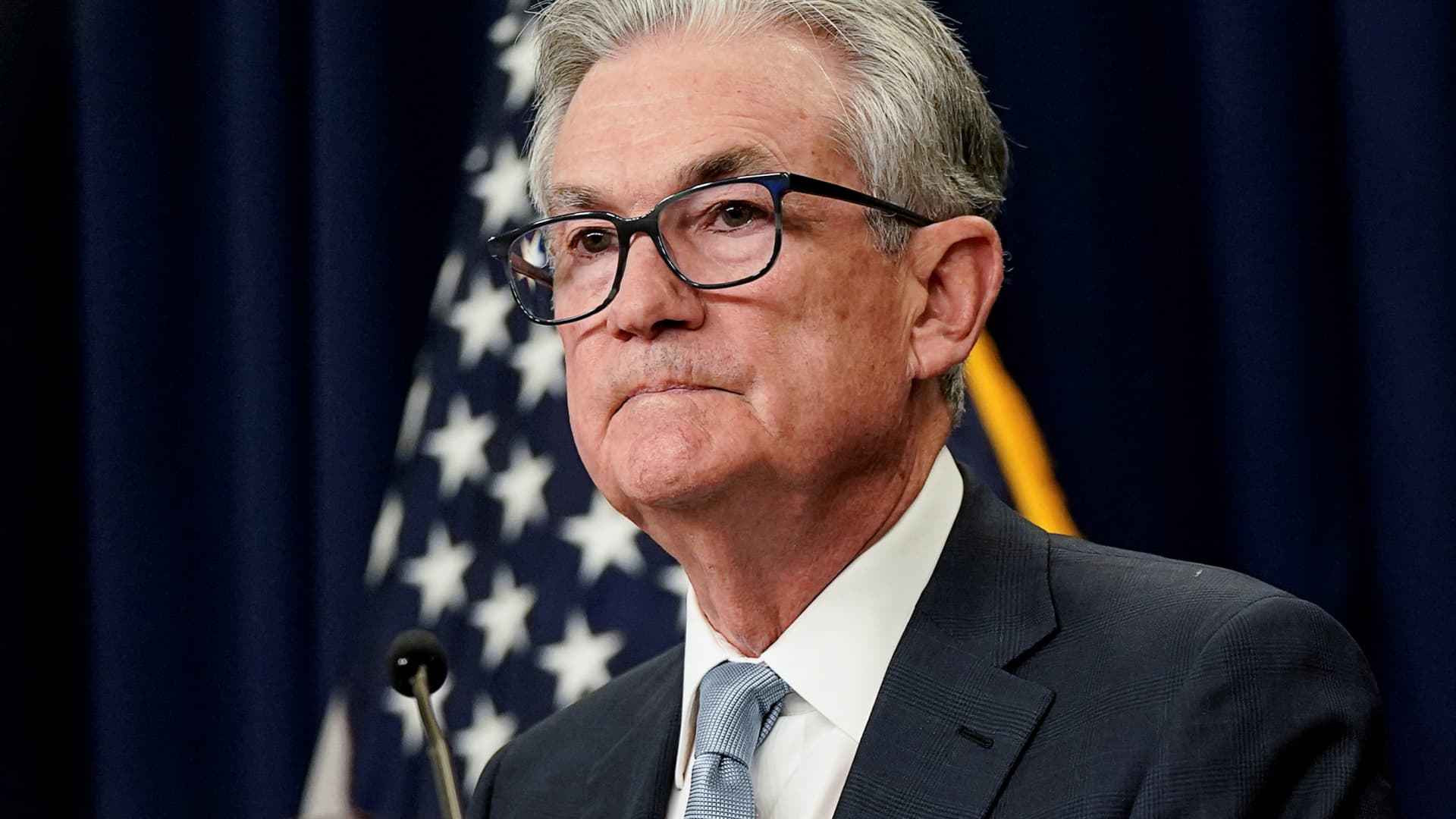Stay informed with free updates
Simply sign up to the Global Economy myFT Digest — delivered directly to your inbox.
“The world is on fire.” These are the opening words of the second volume of a report on strengthening the multilateral development banks commissioned by the G20 and released last week in Marrakech. The heat of 2023 makes that more than a purely figurative statement. We are living in an era of big challenges and an evident inability to meet them. The time left is also ever shorter.
The first volume, published in June, proposed a “triple agenda” for the MDBs: tripling annual lending to $390bn by 2030; adopting a “triple mandate” of eliminating extreme poverty, boosting shared prosperity and contributing to global public goods; and expanding and modernising MDB funding models. This volume explains what this would mean in detail. Put simply, it calls for an overhaul of every aspect of how MDBs operate — the scale of their resources, how they use them, the risks they take, their relationship with the private sector and how they operate.
This call for change is justified. As I noted last week, the economic performance of many developing countries has deteriorated since the pandemic. The number of people in extreme poverty also jumped by 95mn between 2019 and 2022. Meanwhile, enough has not been done to mitigate climate risks. Indeed, enough cannot be done without greatly enhancing the financing available to developing countries. We simply must do better.
Yet all this will take vast resources. The report estimates that total annual spending for such purposes in emerging and developing countries should rise by $3tn (from $2.4tn to $5.4tn) between 2019 and 2030. The bulk of this would go to middle-income countries. Just $1.2tn of the increase would meet “sustainable development goals”; the rest would be needed for spending for climate-related purposes. Somewhat optimistically, the report suggests that two-thirds of the additional resource flow could come from domestic sources, and the rest from abroad. Finally, half the latter should come from private sources, $320bn as non-concessional official loans and $180bn as concessional official loans and grants. Half of this last sum would go to low-income countries and nearly all the rest to lower middle-income countries.

The MDBs would need to play a huge part in the additional external funding, not just as financial intermediaries and conduits for concessional funds, but as catalysts for more private funding. But the desired rise of $500bn in the latter will not happen on its own. The big problem is that the private sector regards potentially profitable projects as too risky, mainly because of where they are done: the perception of country risk imposes high interest rates that then make the risks higher. This creates a vicious circle of low creditworthiness.

So what, exactly, needs to be done?
First, MDBs must shift decisively away from individual projects towards programmes, with governments taking the lead. The latter alone can create the policy environment in which private finance will come. They alone must provide the co-ordination needed to ensure transformation in energy and other vital sectors. Above all, only thus can lending be multiplied in scale and speed. The report recommends “country platforms”, to co-ordinate increased national and external financing.

Second, the MDBs need to work out how to engage with the private sector, which is at present unwilling to bear the risks of large-scale and affordable financing of emerging and developing countries. MDBs need to bring together their official and private lending arms to identify and create investment opportunities, develop project pipelines and share risks with the private sector. This will require new instruments, especially more effective guarantees, not least against foreign exchange risk. The potential for expanding the World Bank’s Multilateral Investment Guarantee Agency seems particularly noteworthy. Not least, MDBs (as well as the IMF) need to enhance their ability to help countries cope with shocks.

Third, MDB financing should, as mentioned, triple to $390bn annually — $300bn non-concessional and $90bn concessional. Today, in contrast, lending from the MDBs to middle-income developing countries is close to zero, partly because interest rates are high. If this is to happen, the MDBs must use their balance sheets aggressively, including by use of new instruments. But a substantial increase in official capital is also required.
In addition, argues the report, it would be possible to establish a Global Challenges Funding Mechanism as a platform to let sovereign wealth funds, foundations, impact investors and maybe even businesses provide additional resources. It will also be necessary to provide greater concessional funding for low-income and some middle-income countries that cannot afford conventional borrowing. Grants are, in any case, clearly justified when one is asking poor countries to undertake investments that will benefit the planet. Again, they should be paid for preserving carbon sinks, such as forests.
If the MDBs had not been created, we would now have to invent them. Fortunately, they do exist. So, we must use them. Yet high-income countries must do so aware that a large part of what they wish to finance in emerging and developing countries is not only for their own benefit, but also to mitigate dangers they have themselves largely created. This means that there exists both a practical and a moral case for urgency and generosity.
The recommended transformation of the MDBs is both bold and sensible. Wise leaders would see that it happens. The question is whether we have them.
Follow Martin Wolf with myFT and on X, formerly Twitter

















